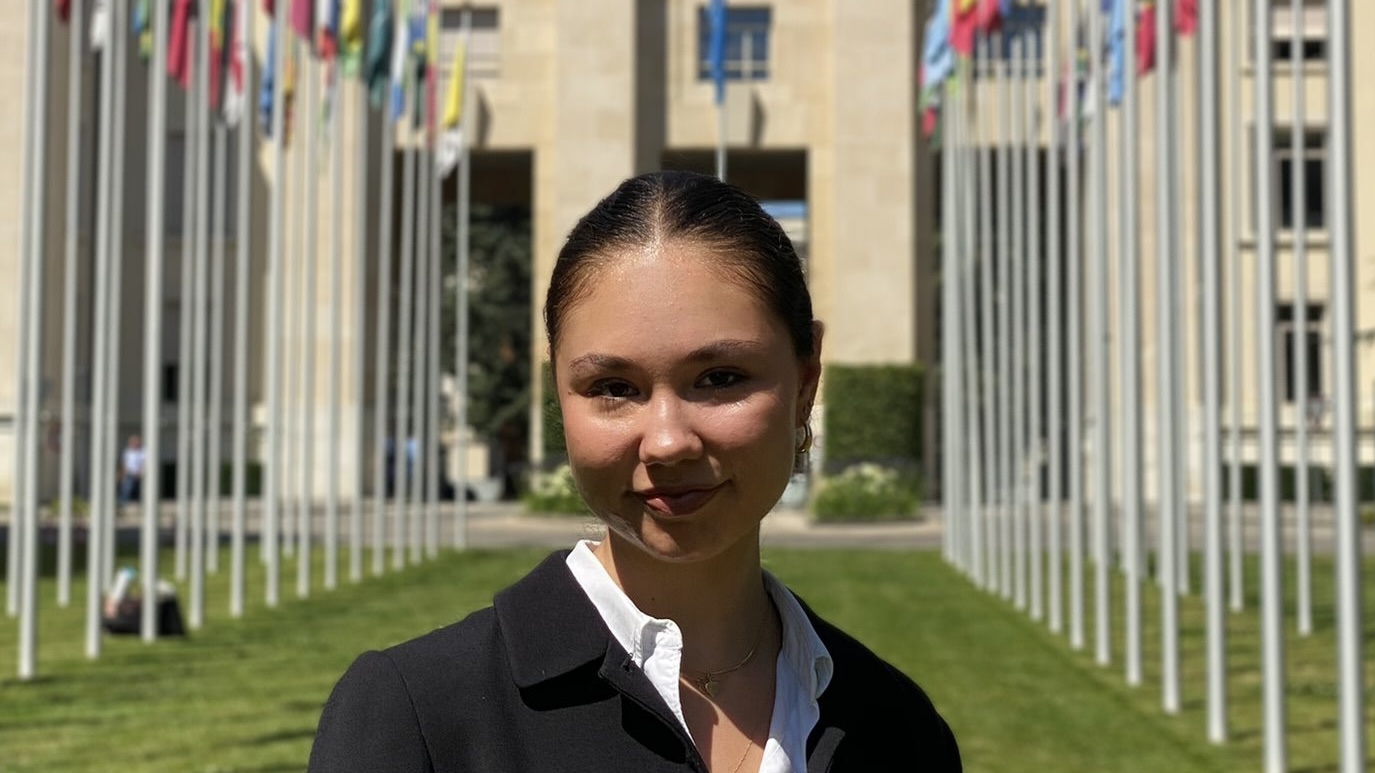8th Session of the Group of Independent Eminent Experts on the Implementation of the Durban Declaration and Programme of Action
Statement by Geneva International Centre for Justice
Delivered by Anyssa Boyer
10 August 2022
Thank you, Madame Chairperson.
Geneva International Centre for Justice thanks the two speakers. We also acknowledge and appreciate the ongoing work carried out by the Group of Independent Eminent Experts and highlight the importance of recognising the rights of indigenous peoples and their role as climate activists and human rights defenders.
Factual real-time events have shed light on the true perils of this intricate global phenomenon. As we race against time to combat climate change, environmental degradation by anthropogenic activity continues to remain staggeringly high. As highlighted by the speakers, temperatures are reaching new records every year, wildfires are becoming more common, droughts are overwhelming communities, concentrations of greenhouse gases in the atmosphere are rising, and biodiversity is dying. Human-induced climate change affects all civilians but significantly hinders the longstanding and culturally rich livelihoods of Indigenous Peoples. Their lands, territories and cosmologies are under threat.
Long-standing legacies of colonialism and large-scale extractivism of natural resources coupled with the current environmental crisis are omnipresent in the lives of indigenous peoples and impact their right to proclaim their self-determination, self-fulfilment and liberties. Indigenous Peoples’ voices, perspectives and contributions are not sufficiently brought to light. However, they share a wealth of traditional knowledge, as well as deep religious, spiritual, cultural and social traditions with their environment. Indigenous Peoples have a deep understanding of their lands and have capabilities to protect and conserve biodiversity. Furthermore, their status as conservation and environmental stakeholders possessing extensive knowledge of the environment is ignored.
Empowering indigenous communities’ collective rights to lands, territories, and resources benefits the preservation of biodiversity and endangered lands, and is necessary to tackle today’s pressing climate emergency. Women indigenous leaders, in particular, are increasingly more exposed to violence and stigmatisation as they embody important roles of agents of change and human rights defenders. Together, they mobilise and advocate for change, and fight for their rights amidst the current global environmental crisis. The environment represents an extension of their existence, as shown through their traditional knowledge where care for the earth transcends mass extractivism and over-exploitation of natural resources. Indigenous groups sustainably conserve, replenish and protect environmental resources and enhance social relations among communities by promoting resilience and culturally adequate economic development. They are instrumental to addressing the climate crisis, hence, their wealth of knowledge must be preserved.
Geneva International Centre for Justice recognises the dire impacts of the environmental crisis and the extent to which it affects vulnerable communities including indigenous groups, their worldviews, and land rights. We call on the international community to come together and fight for the rights of indigenous peoples. GICJ urges active involvement from multistakeholder bodies bringing together youth advocacy and international organisations to mitigate adverse environmental impacts. Together, we must recognise indigenous peoples’ unique contributions and value their livelihoods, communal living and sustainable practices safeguarding habitat and ecosystem destruction.
Thank you.









